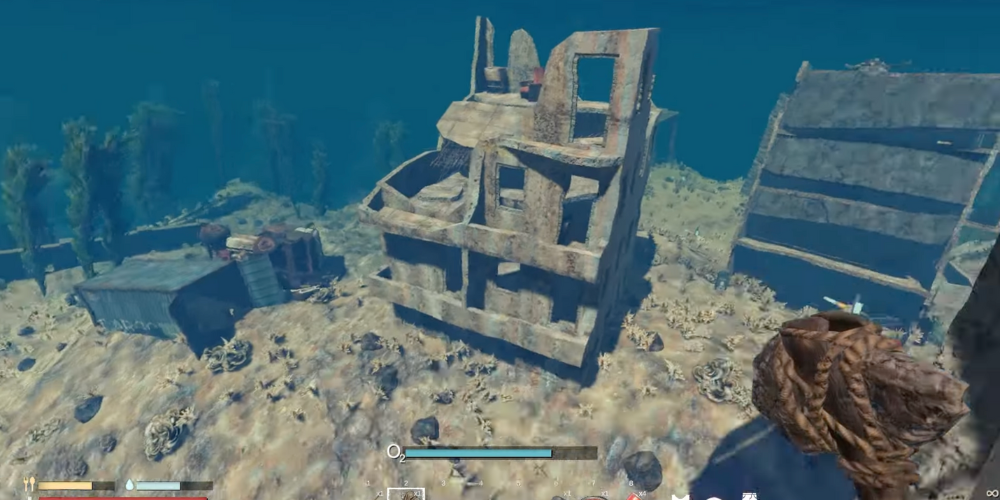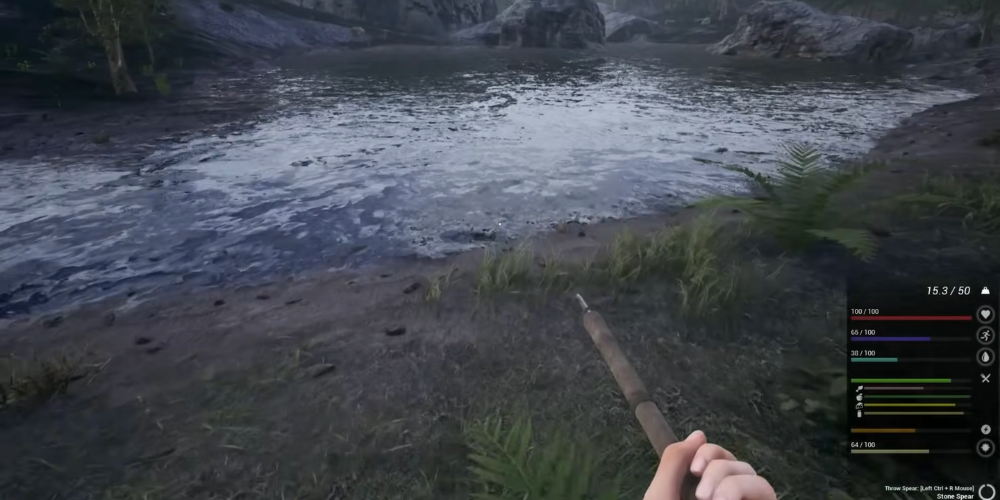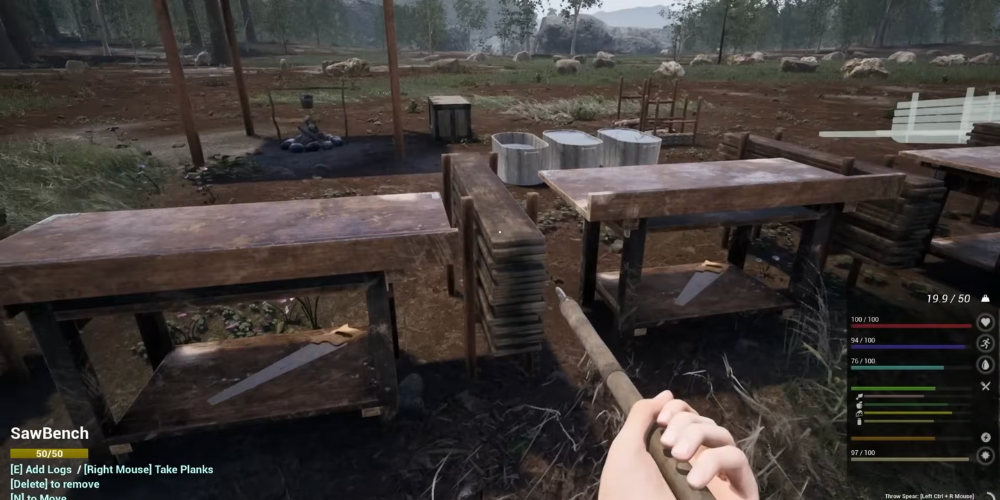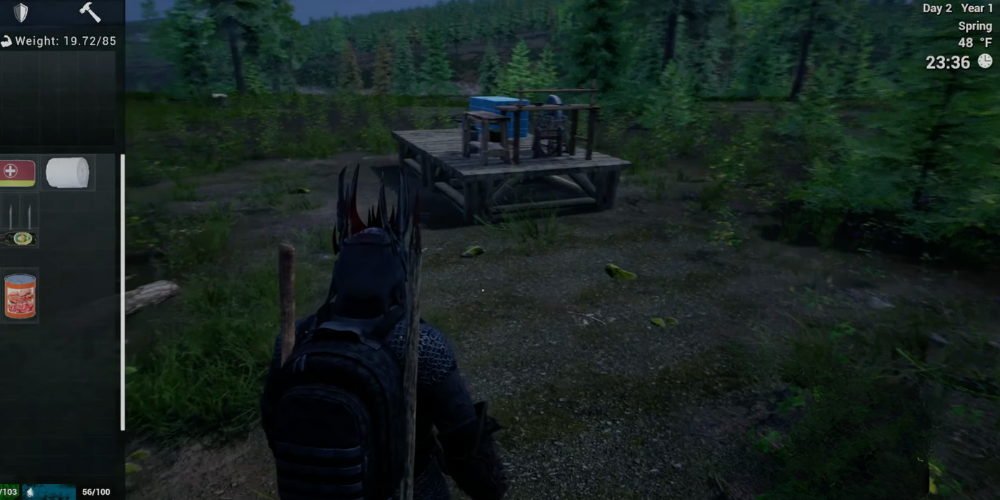Mastering the Wild: A Guide to Survival Games
- Mar 10, 2024

Survival games have carved out a significant niche in the gaming world, captivating players with their blend of adventure, strategy, and the primal thrill of surviving against the odds. These games transport players to various hostile environments - from desolate islands and dense jungles to post-apocalyptic wastelands - where survival is the only goal. Mastering these games requires more than just quick reflexes; it demands strategic planning, resource management, and a deep understanding of the game mechanics. This guide is designed to take you through the essentials of survival games, offering insight, strategies, and tips to help you navigate these harsh virtual landscapes. Whether you're a rookie trying to understand the basics or a seasoned survivor looking to polish your skills, it will provide the knowledge you need to thrive in the wild.
Understanding Your Environment
The first step to mastering survival games is to understand the environment you're thrown into. Each game presents a unique ecosystem with its own set of challenges and resources. Here are a few key aspects to consider:
- Biome and Terrain: Knowing the features of the environment, such as the layout of the land, types of biomes, and locations of vital resources, is crucial. This knowledge can inform your decisions on where to establish a base, where to find food and water, and how to navigate the terrain efficiently.
- Weather and Time: Many survival games include dynamic weather systems and a day-night cycle, which can significantly impact your chances of survival. Harsh weather conditions may require specific gear to survive, while nighttime might bring more aggressive predators or reduced visibility.
- Flora and Fauna: Understanding the wildlife and plant life in the game can be a game-changer. Some plants might be vital sources of food or crafting materials, while others could be poisonous. Similarly, knowing which animals can be hunted for food and which are best avoided is essential.
Resource Management

Surviving in a hostile environment is impossible without effective resource management. This involves gathering resources, crafting tools and weapons, managing food and water intake, and ensuring your shelter is secure. Here are strategies to enhance your resource management:
- Gathering Resources Efficiently: Prioritize resources based on your immediate needs, but don't ignore long-term necessities. Use tools that expedite resource gathering and always be on the lookout for rare resources that could be crucial later.
- Inventory Management: Space is often limited, so it's important to manage your inventory wisely. Regularly assess your inventory, prioritizing essential items and discarding or storing what you don't need immediately.
- Crafting and Upgrading: Crafting is a core aspect of survival games. Focus on crafting tools and items that enhance your ability to gather resources, defend yourself, and survive harsh conditions. Upgrading these items can significantly improve their efficiency and durability.
- Food and Water: Always keep an eye on hunger and thirst meters. Plan your movements around sources of fresh water and areas rich in food sources. Learning to hunt, fish, or farm can provide a more sustainable food supply.
Survival Strategy and Tactics

Strategy is the backbone of mastering survival games. A well-thought-out plan can mean the difference between thriving and perishing. Consider these tactics to sharpen your survival strategy:
- Exploration and Mapping: Familiarize yourself with your surroundings by exploring. Use the game’s mapping tools, if available, or create your own markers to identify key locations and resources. This knowledge can save your life during critical moments.
- Building and Fortification: Establishing a secure base is crucial in survival games. Choose a strategic location that offers protection, access to resources, and visibility. Fortify your base against predators and other threats as your resources allow.
- Stealth and Combat: Sometimes, the best strategy is to avoid confrontation, especially when resources are scarce or the enemy has the upper hand. When combat is unavoidable, use the environment to your advantage, employing guerrilla tactics or ambushes to overcome stronger foes.
- Adapting to Change: Survival games often throw unforeseen challenges at players, from sudden weather changes to aggressive enemy factions. Being able to quickly adapt your strategies and make the most of your situation is vital for survival.
Community and Multiplayer Dynamics
While survival games can be solitary experiences, many offer multiplayer or cooperative modes that introduce an extra layer of complexity and strategy. Here’s how to navigate these community dynamics:

- Forming Alliances: Joining forces with other players can provide mutual benefits, such as shared resources, protection, and knowledge. However, choose your allies wisely, as not everyone might have your best interests at heart.
- Trading and Diplomacy: Engage in trade with other players to acquire resources or information you might lack. Diplomatic skills can also be essential in resolving conflicts or forming strategic alliances.
- Competitive Play: In competitive modes, understanding the weaknesses of opponents is critical. Adjust your strategies accordingly and remain vigilant of other players who may be planning to sabotage your efforts.
Learning from Failure
Survival games are designed to be challenging, and failure is a part of the learning process. Every defeat provides valuable lessons. Whether it’s a missed opportunity, a faulty strategy, or an underestimated foe, there’s always something to learn. Reflect on your failures, adjust your strategies, and approach the game with a fresh perspective. Remember, the wild virtual landscapes of survival games are unforgiving, but with the right knowledge and strategies, you can dominate the wilderness. This guide provides a foundation, but the key to mastering survival games lies in practice, patience, and perseverance. Embrace the challenge, adapt to your environment, and you’ll be thriving in no time.








